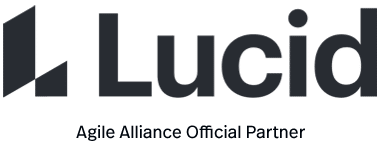The daily meeting is structured around some variant of the following three questions:
- What have you completed since the last meeting?
- What do you plan to complete by the next meeting?
- What is getting in your way?
Common Pitfalls
The intent of these questions is to emphasize the completion of tasks, rather than the effort spent. While it is common to hear “yesterday I worked on X… today I will continue working on X… everything’s fine”, this is a mistake (hilariously caricatured as the “Scrum Zombie” pattern); it is better to say “I pass”. Having a clear definition of done may help overcome this.





